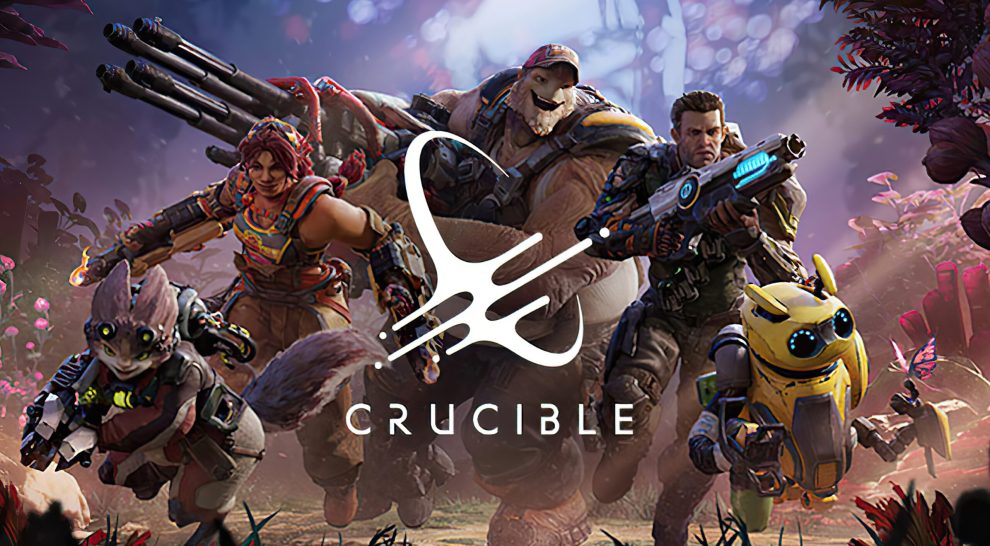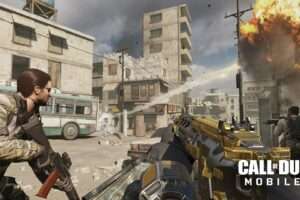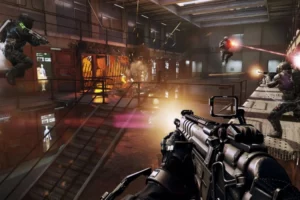Amazon’s foray into the hero shooter genre with Crucible was met with much anticipation. Aiming to rival the success of Bungie’s Destiny, Crucible offered a unique blend of PvE and PvP elements in a captivating sci-fi world. However, despite its potential, the game fell short of expectations and ultimately shut down less than a year after launch. Let’s delve into the reasons behind Crucible’s spectacular failure.
1. Missteps in Marketing and Genre Identity:
- Confusing Messaging: Crucible’s marketing campaign struggled to clearly define the game’s core identity. Trailers showcased thrilling combat but failed to adequately explain the complex mechanics and objectives. This left players unsure of what kind of experience Crucible offered.
- Genre Confusion: Crucible attempted to blend elements of hero shooters like Destiny with deeper strategic objectives. This made the game feel like a confusing mashup that appealed to neither established genre audience.
2. Unforgiving Learning Curve and Flawed Progression System:
- Steep Difficulty: Crucible presented a steep learning curve for newcomers. The complex character abilities and intricate meta-game elements overwhelmed casual players, leading to frustration and player drop-off.
- Unrewarding Progression: The game’s progression system felt unrewarding. Players didn’t feel a sense of accomplishment for their time invested, further discouraging long-term engagement.
3. Technical Issues and Lack of Content:
- Performance Issues: Crucible launched with performance problems that plagued the experience. Frequent bugs, lag, and crashes created a frustrating environment for players.
- Limited Content: The game launched with a limited amount of content, including maps, game modes, and characters. This lack of variety quickly led to boredom amongst players.
4. Free-to-Play Model and Microtransactions:
- F2P Execution: Crucible’s free-to-play model relied on microtransactions for monetization. However, the implementation felt intrusive, with cosmetics and character upgrades locked behind paywalls. This alienated players who felt the free-to-play model prioritized profit over player experience.
- Negative Perception of MTX: The gaming community has grown wary of aggressive microtransactions. Crucible’s monetization strategy felt exploitative, further damaging the game’s reputation.

Lessons Learned for Future Hero Shooters:
The failure of Crucible offers valuable lessons for developers crafting hero shooters in the ever-competitive gaming landscape:
- Clearly Defined Identity: A strong core identity that resonates with a target audience is crucial. Mixing genres can work, but the core gameplay loop needs to be clear and engaging.
- Newcomer Friendly Design: Catering to new players is essential for long-term success. Intuitive controls, clear tutorials, and well-balanced matchmaking systems are key to retaining a healthy player base.
- Rewarding Progression: A well-designed progression system motivates players to keep coming back. Unlockables should feel meaningful and contribute to the overall gameplay experience.
- Technical Polish and Content Roadmap: A smooth and polished experience is paramount. Additionally, a steady stream of new content keeps players engaged and invested in the world.
In conclusion, Crucible’s failure stemmed from a combination of marketing misfires, unfriendly design choices, and technical shortcomings. While the game possessed some interesting ideas, the execution fell short on nearly every front. By learning from Crucible’s missteps, future developers can craft compelling hero shooter experiences that stand out in a crowded market.
















Add Comment